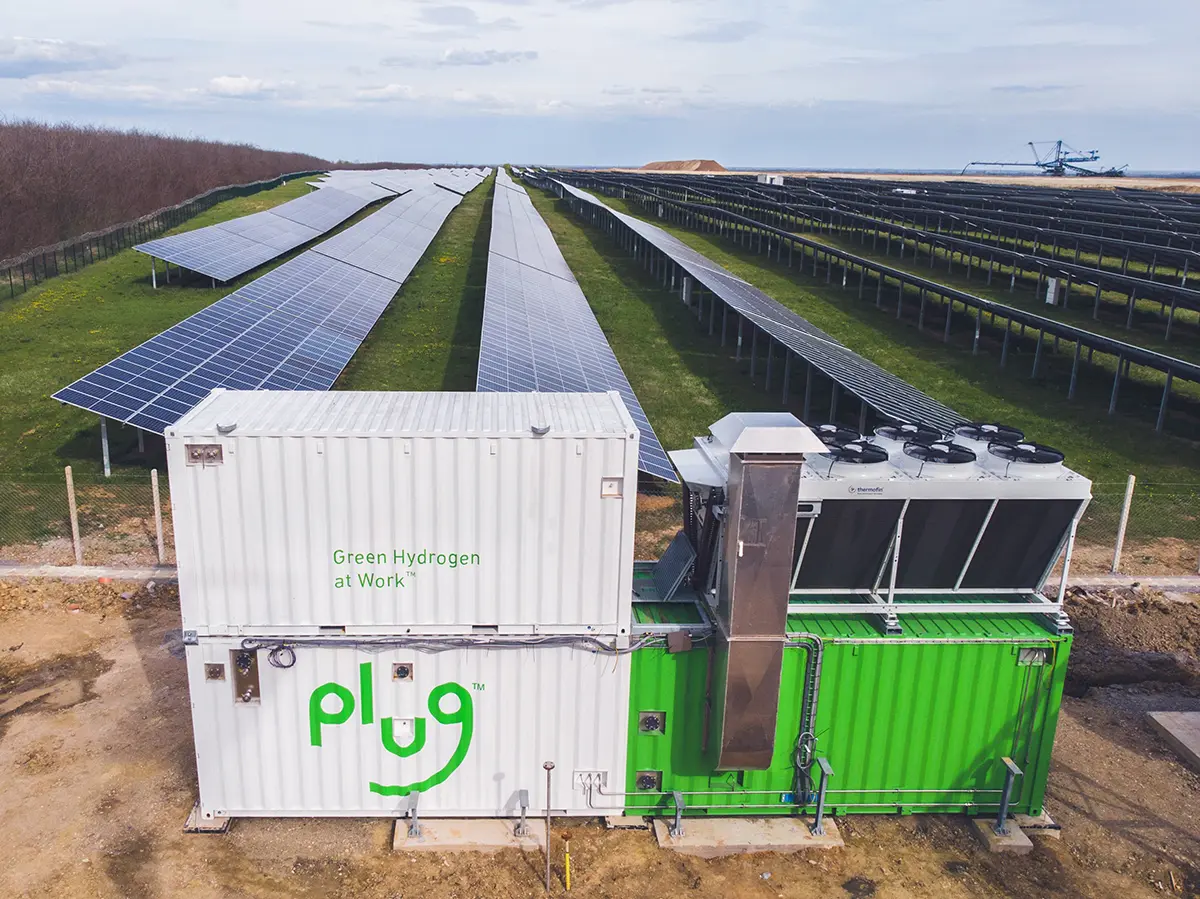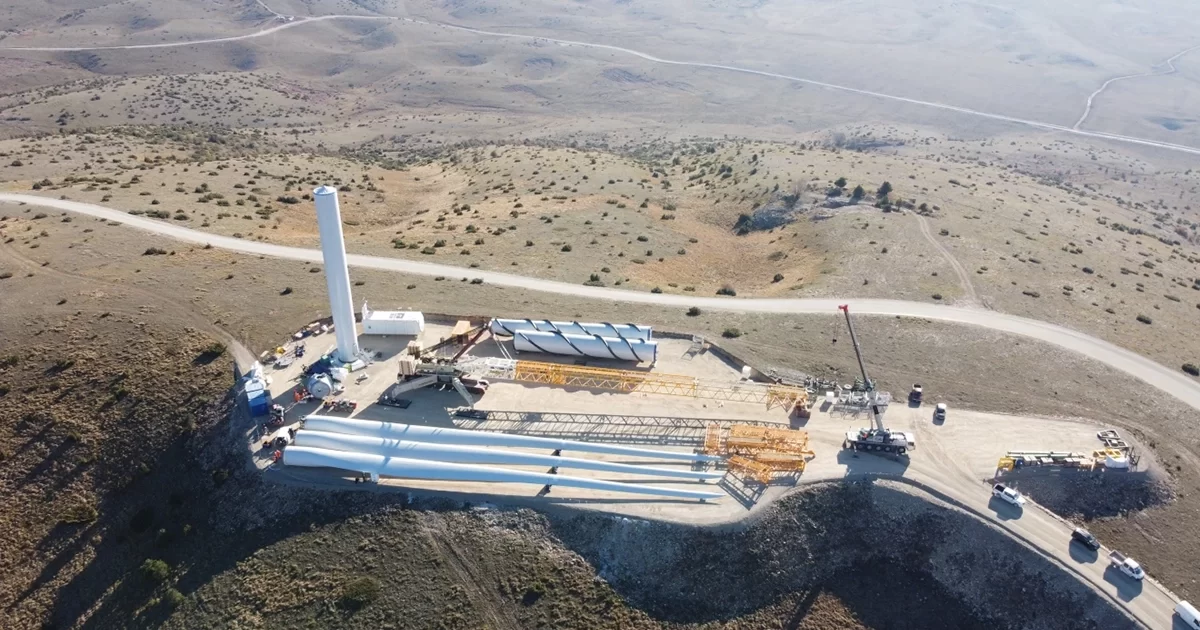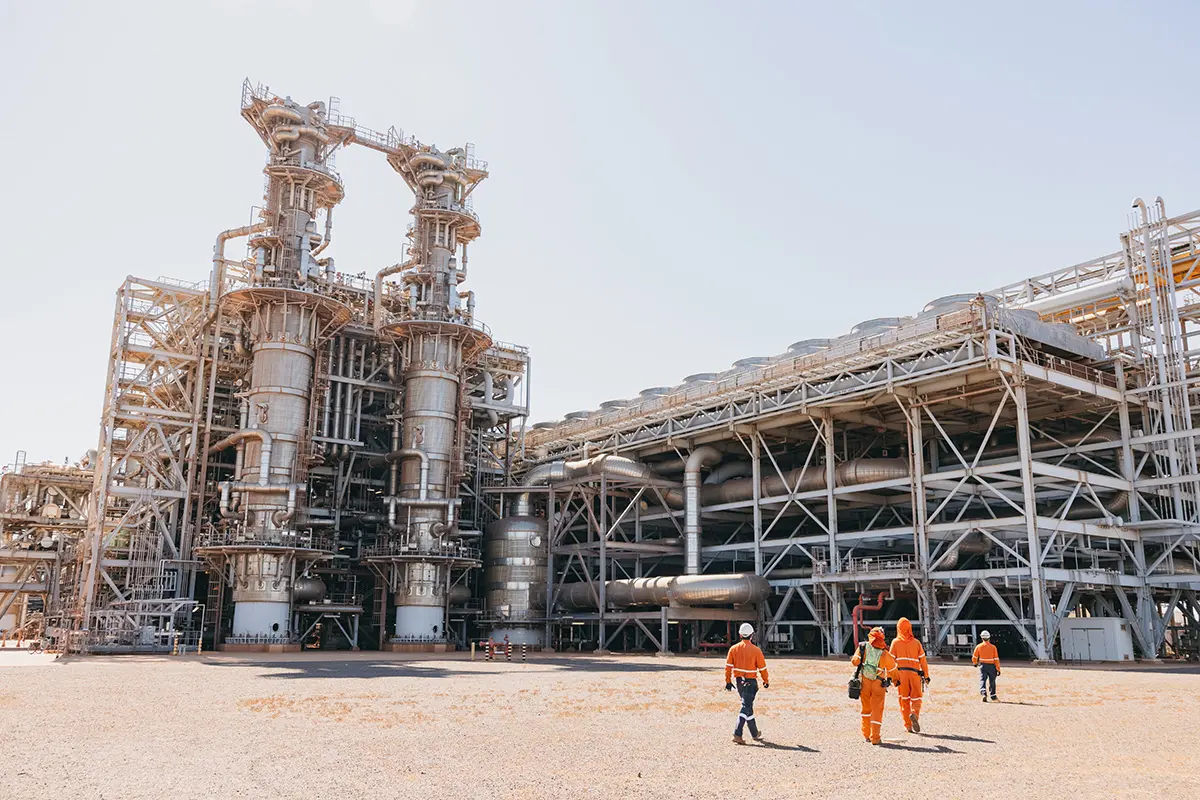
DOE Jump-Starts Cash-Strapped Plug Power With US$1.66 Billion Loan Guarantee

Plug Power has been in the hydrogen game for more than 25 years. The company has landed massive deals, like its collaboration with Renault SA for hydrogen-powered light commercial vehicles and plans to deliver green hydrogen to Amazon by 2025. In recent years, it has expanded its fuel cell offering to smaller markets and started production of liquid green hydrogen at its plant in Georgia in January.
Plug Power has built a massive portfolio of products and services, including a fuel cell engine suite designed as flexible power building blocks for use in transportation and stationary power products, fuel cells for stationary and material handling applications, a hydrogen production system, hydrogen liquefiers, liquid hydrogen transport and refueling solutions, and more.
With a long history and an expansive offering, you may think that Plug Power would be thriving as the hydrogen economy gains momentum. However, Plug Power has struggled to remain consistently profitable, and continues to burn through cash in the pursuit of growth. In response, Plug Power has been looking for financing options to resupply its dwindling cash position.
On May 14, the US Department of Energy’s (DOE’s) Loan Programs Office (LPO) extended an olive branch to Plug Power, announcing a conditional commitment to Plug Power Inc.’s subsidiary, Plug Power Energy Loan Borrower LLC, for an up to US$1.66 billion loan guarantee to help finance the construction of up to six facilities across several states to produce clean hydrogen using the company’s own electrolyzer technology.
Advancing clean hydrogen is a key component of the Biden-Harris Administration’s whole-of-government approach to building a clean energy economy that creates healthier communities, strengthens energy security, and delivers new economic opportunities across the nation. The DOE’s announcement will help unlock the full potential of hydrogen, create American jobs, boost economic growth, reduce greenhouse gas emissions in sectors critical to meeting US net-zero goals, and enhance America’s manufacturing and industrial competitiveness. The DOE estimates that the loan guarantee, if finalized, will support 100 to 300 jobs during the construction period when at full capacity, and at least 50 new full-time jobs for each location. Loans for companies like Plug Power, the DOE’s US$7 billion commitment for seven regional hydrogen hubs, and ongoing research, development, and demonstration in the DOE Hydrogen Program showcases the DOE’s commitment to supporting hydrogen through this vulnerable period while the green hydrogen industry remains largely unprofitable.
Plug Power has a development pipeline that includes the build-out of clean hydrogen facilities in several potential locations across the United States to supply its national customer base with end-to-end clean hydrogen at scale. This conditional commitment advances President Biden’s efforts to strengthen domestic clean energy supply chains that are essential to meeting the nation’s climate goals and enhancing national and energy security. If finalized, the project will support an integrated, commercial-scale clean hydrogen fueling network across several regions of the United States.
The hydrogen fuel from the project is expected to power fuel cell-electric vehicles used in the material handling, transportation, and industrial sectors, resulting in an estimated 84% reduction in greenhouse gas emissions compared to conventional hydrogen production, which derives hydrogen from natural gas and ultimately produces carbon dioxide (CO2). According to the DOE, the benefits of harnessing hydrogen fuel cells in applications such as material handling equipment include enhanced operational efficiency, reduced environmental impact through zero-emission operations, and increased productivity due to faster refueling times compared to conventional batteries. Major corporations such as Amazon, Walmart, and Home Depot use Plug’s hydrogen fuel cells across their warehouse and distribution centers.
The clean hydrogen facilities will use Plug’s electrolyzer stacks that are manufactured at the company’s gigafactory in Rochester, New York, and will use modular designs to ensure a resilient hydrogen fuel delivery network. Plug is among the leading commercial-scale manufacturers of electrolyzers in the United States and currently operates the largest proton exchange membrane (PEM) electrolyzer system in the United States at its Georgia hydrogen plant.
Electrolyzers use electricity to split water into its component parts — hydrogen and oxygen. Plug’s PEM technology allows it to operate efficiently even with variable electricity, enabling it to leverage electricity from intermittent renewables. Electrolyzers that use renewables to power their hydrogen production produce emissions-free clean hydrogen. The electrolyzer stacks can be easily configured to produce systems at 1-, 5-, and 10-MW scales. One MW powers the equivalent of 750 American homes based on their instantaneous demand.
Plug Power is expected to develop and ultimately implement a strong Community Benefits Plan for each project and has committed to working with local communities for project siting, including soliciting input from local economic development corporations. Plug Power will initiate a community outreach program dedicated to promoting awareness, understanding, and use of hydrogen as a clean and sustainable energy source, aiming to engage and empower communities by providing educational resources, interactive activities, and collaborative initiatives that highlight the benefits and potential applications of hydrogen technology. Plug employs local workforce development strategies and programs that leverage the comprehensive suite of services offered by the Workforce Innovation and Opportunity Act’s network of One-Stop Career Centers, including the development of apprenticeship programs for operations jobs.
LPO believes that it works with all borrowers to create good-paying jobs with strong labor standards from construction through the life of the loan. Plug Power said that it supports President Biden’s Justice40 Initiative, which set the goal that 40% of overall benefits of certain federal investments flow to disadvantaged communities that are marginalized by underinvestment and overburdened by pollution.
This announcement is part of a broader suite of actions LPO has taken in line with the President’s Investing in America agenda, which is growing the American economy from the bottom up and middle-out — from rebuilding infrastructure to creating a manufacturing and innovation boom powered by good-paying jobs that don’t require a four-year degree, to building a clean-energy economy that will combat climate change and make communities more resilient. Leveraging loan authority from the Inflation Reduction Act, LPO is spurring billions in public-private investments to boost the nation’s competitiveness, strengthen supply chains, and create good-paying jobs to power the clean energy economy.
The financing would be offered through LPO’s Title 17 Clean Energy Financing Program, which includes financing opportunities for innovative energy and supply chain projects like Plug’s, certain state-supported projects, and projects that reinvest in existing energy infrastructure.
While this conditional commitment indicates DOE’s intent to finance the project, the company must satisfy certain technical, legal, environmental, and financial conditions before the department enters into definitive financing documents and funds the loan guarantee.









